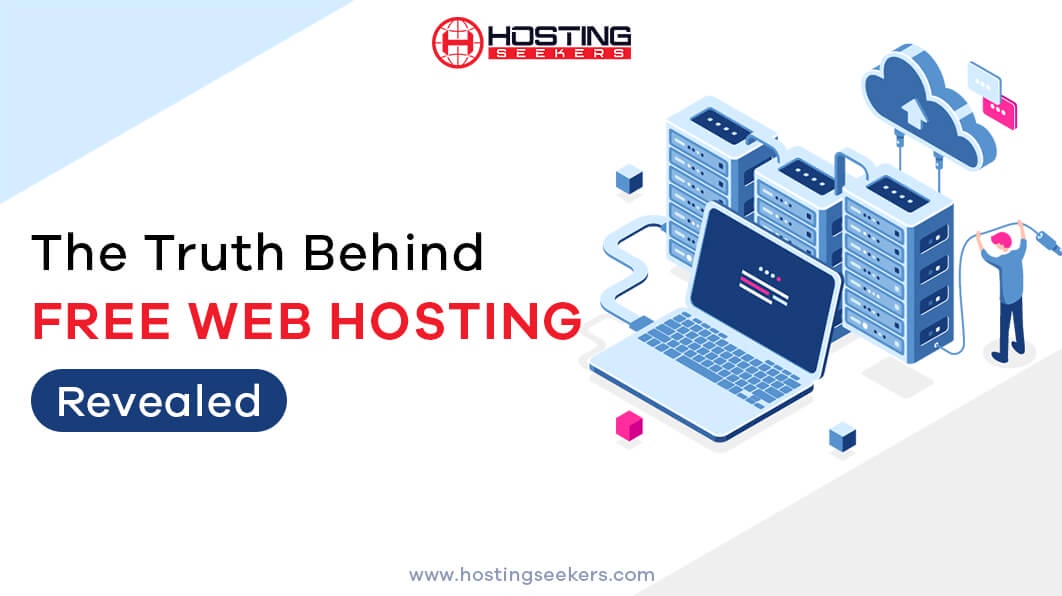Choosing the right hosting type is crucial for the success of your website or online project. There are several hosting options available, each with its own set of features, benefits, and limitations.
In this article, we'll explore the most common hosting types and their pros and cons to help you make an informed decision.
-
Shared Hosting:
- Pros: Affordable, easy to set up, suitable for small websites and beginners, includes pre-configured server settings and management tools.
- Cons: Limited resources and performance due to sharing server resources with other users, less control over server configurations, potential security risks if neighboring sites are compromised.
-
Virtual Private Server (VPS) Hosting:
- Pros: Offers more control and customization options compared to shared hosting provides dedicated resources (CPU, RAM, disk space) for improved performance, scalable and flexible.
- Cons: Requires technical knowledge to manage server configurations and software installations, can be more expensive than shared hosting, performance may be affected by neighboring VPS instances.
-
Dedicated Server Hosting:
- Pros: Highest level of performance and reliability, complete control over server configurations and resources, ideal for high-traffic websites and resource-intensive applications.
- Cons: Higher cost compared to shared and VPS hosting, requires technical expertise for server administration and maintenance, responsibility for security and software updates rests with the user. Check out server management hosting
-
Cloud Hosting:
- Pros: Scalable and flexible, resources are distributed across multiple servers for improved reliability and uptime, pay-as-you-go pricing model allows for cost-effective scaling, suitable for websites with unpredictable traffic patterns.
- Cons: Can be more complex to set up and manage compared to traditional hosting options, potential for unexpected costs if usage exceeds allocated resources, reliance on third-party cloud providers' infrastructure and security measures.Also Reas webspacekit review
-
Managed WordPress Hosting:
- Pros: Optimized for WordPress websites, includes automatic updates and backups, enhanced security features, expert support for WordPress-related issues, often includes performance optimization tools and caching.
- Cons: Higher cost compared to traditional shared hosting, limited to hosting WordPress websites only, less flexibility for customization compared to VPS or dedicated hosting.
-
Reseller Hosting:
- Pros: Allows individuals or businesses to resell hosting services under their own brand, includes tools for managing multiple client accounts, potential for additional revenue streams.
- Cons: Requires marketing and customer support efforts to attract and retain clients, may have limitations on resource allocation and server configurations imposed by the parent hosting provider.
Understanding the pros and cons of each hosting type is essential for selecting the option that best fits your website's needs, budget, and technical requirements. Whether you're a beginner launching your first website or an experienced developer managing multiple online projects, there's a hosting solution available to meet your specific needs.


No comments yet